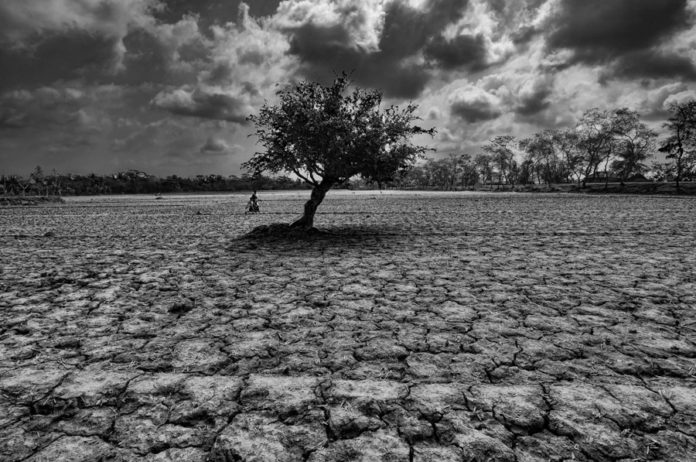DHAKA, Nov 15, 2018 (BSS) – The government and the UN agencies today jointly initiated a US$12 million project to sustain the resilience of human and economic development in Bangladesh through an inclusive and gender responsive disaster management.
The project titled, ‘National Resilience Programme (NRP)’ was launched at a city hotel, a UNDP press release said.
Disaster Management and Relief Minister Mofazzal Hossain Chowdhury Maya attended the launching ceremony as the chief guest while Disaster Management and Relief Secretary Shah Kamal in the chair.
Water Resources Secretary Kabir Bin Anwar, Swedish Ambassador in Dhaka Charlotta Schlyte and UN Resident Coordinator to Bangladesh Mia Seppo were, among others, present.
The programme is co-financed by the Department for International Development (DFID) and the Swedish International Development Cooperation Agency (SIDA).
The Disaster Management and Relief Ministry, the Planning Ministry, the Women and Children Affairs Ministry and the Local Government Division (LGD) will jointly implement the programme.
The three-year programme will provide strategic support in association with the United Nations Development Programme (UNDP), the UN Women and United Nations Office for Project Services (UNOPS) to develop national capacity to keep pace with the changing nature of disasters.
Speaking at the launching ceremony, Mofazzal Hossain Chowdhury Maya said Bangladesh frequently faces natural disasters due to adverse impacts of global climate change. “That’s why we’ve to continue our efforts to protect the lives and livelihood from climate extreme events,” he said.
He said the newly-launched NRP is a knowledge-based programme, which will enhance women leadership for gender responsive disaster resilient nation.
He hoped that the programme would further build the capacity of the relevant ministries and increase the resilience to natural disasters.
Maya urged all the ministries concerned and development partners to implement the programme effectively and efficiently for disaster risk reduction which was adapted as the Sendai Framework.
The programme has four parts. The Department of Disaster will focus on disability inclusive and gender-responsive capacities while the Planning Division will focus on the capacity for disaster and climate risk informed planning, the Department of Women Affairs on the gender dimension of the programme and the LGED on infrastructures.
“To sustain the economic and human development, it’s essential to have strong partnership for inclusive disaster risk reduction plan,” Shah Kamal said.
He said the NRP will contribute to achieving national capacities by institutionalising national volunteer organisation, and disability inclusive and gender responsive disaster risk management.



